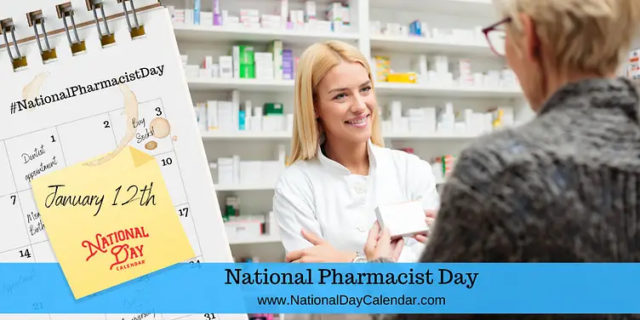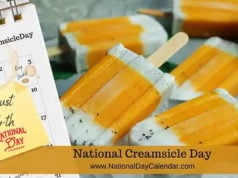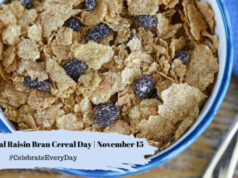
National Pharmacist Day on January 12th annually recognizes and honors all pharmacists across the nation.
- Historically, pharmacists primarily checked and distributed drugs to doctors for patient prescribed medication. In modern times, pharmacists advise patients and health care providers on the selection, dosages, interactions and the side effects of prescriptions.
- Do you wonder how Agatha Christie came to know so much about poisons for her murder mysteries? She was once a pharmacy dispenser during World War I.
- Coca-Cola, Pepsi, Dr. Pepper, and Ginger Ale were all invented by pharmacists
- Dr. John Stith Pemberton created Coca-cola syrup on May 8,1886 and carried a jug of his new concotion to his pharmacy, Jacobs’ Pharmacy.
- Dr. Pepper was also invented by a pharmacist. Charles Alderton of Morrison’s Old Corner Drug Store in Waco, TX, invented this delicious beverage in 1885.
- Our next fun fact involves the creation of Vernors Ginger Ale, one of America’s oldest soft drinks. Believe it or not – this drink was created by accident! James Vernor, a Detroit pharmacist, had been working on a mixture of vanilla and spices with ginger to calm the stomach. He was enlisted in the Civil War, and upon deployment, left his concoction in an oak case. Upon his return, he opened the barrel and was pleasantly surprised by its delicious contents. The zesty, sweet and gingery flavor was accentuated by the wood’s aging process.
- Before running for President of the United States, Hubert Humphrey earned his pharmacy license and worked in his father’s pharmacy.
- William Procter, Jr., (May 3, 1817 – February 10, 1874) dedicated his career to the science of pharmacy. He wrote the first textbook on pharmacy for students in the United States and advocated for the founding of the American Pharmaceutical Association. His dedication earned him the name Father of Pharmacy.
- Turns out, the ancient Egyptians wrote prescriptions just like us! In fact, some of the oldest pharmaceutical records were found in Egypt. Although Egyptian medicine dates back to about 2900 B.C., the “Papyrus Ebers,” a collection of 800 prescriptions mentioning 700 drugs, dates back to around 1500 B.C.
- Ever wonder where the name Listerine© came from? It’s named after Joseph Lister who spread the word about using antiseptics in hospitals.
- Ignaz Semmelweis figured out that doctors need to wash their hands after performing an autopsy on another doctor who got sick from cutting his finger during surgery.
- During World War II, Britain feared that the Germans would invade their country and consequently, get a hold of their penicillin. As a preventative measure, researchers smeared pocket linings with the penicillin mold to transport to the U.S.
- During the Black Plague, doctors wore amulets (charms) made of dried blood and ground up toads!
- Early pharmacists, known as apothecarists, often harvested their own plants and herbs to make medicines. In the non-magical world, mandragora was a concoction of mandrake root and alcohol that could put a person to sleep, thereby making surgery pain-free.
Sources:












